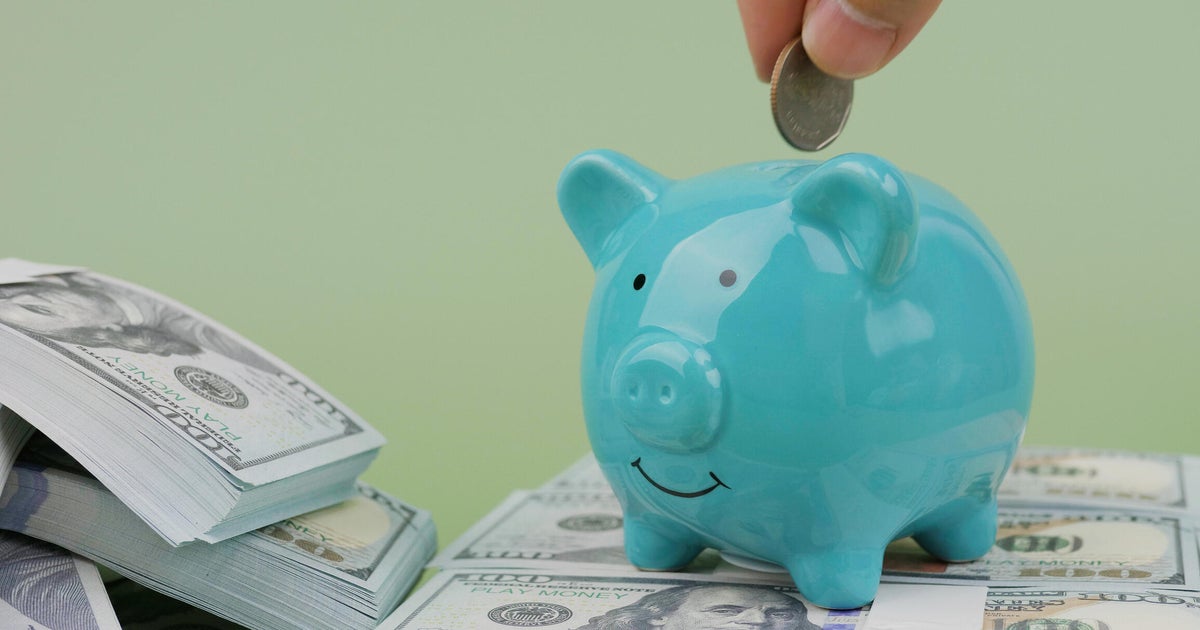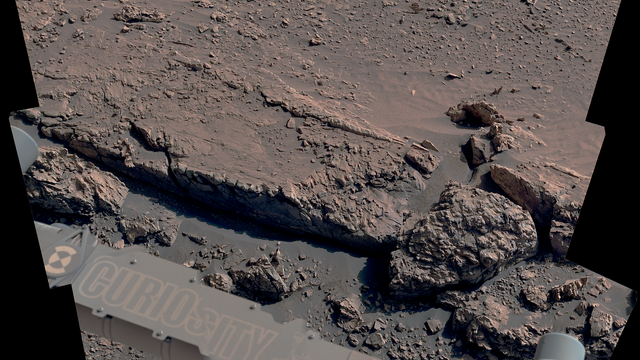

No response returned

Interest rates have been high across the board in recent years thanks to the Federal Reserve's prolonged fight against sticky inflation. That has been tough for borrowers, but it has allowed consumers to earn more interest on the money in their savings and accounts.
But those rates may not last long. With inflation cooling dramatically compared to recent highs, the Federal Reserve is poised to cut rates two more times this year. As a result, on savings products may eventually fall, too.
For this reason, CDs can be a particularly smart choice these days, allowing you to and earn more interest for longer. Just remember: Not all CDs are created equal. If you're considering a CD for your savings, here's when you may want to use a callable CD — and when you might not.
.
A callable CD is a type of certificate of deposit that the bank can recall or redeem before is up. Or, as Mary Grace Roske, senior vice president of communications at CDValet, puts it, "It's a CD with a catch."
Callable CDs tend to come with higher interest rates than traditional CDs, as they're a lower risk for financial institutions. If rates drop, they can recall the CD and start offering new CDs at lower rates, and therefore paying less interest, instead.
"Callable CDs often offer higher interest rates, typically 0.5% to 1% more than traditional CDs," Roske says.
Some callable CDs have call protection periods, in which the bank will guarantee your rate for a specified amount of time — say six months or so.
"You are guaranteed your rate of return for a specified period of time," says Shana Hennigan, chief business officer at savings marketplace Raisin. "Then the bank can opt to call the CD after that point but before the product's final maturity date."
.
Experts say a callable CD can be worth it if you can get a very , notably higher than what banks are offering on traditional CDs.
"The rate should be much higher to make it worth your while," says Steve Azoury, founder and owner of Azoury Financial. "If you were counting on that interest each year, the callable feature could end up setting you back on your goals."
If you have a particularly large amount of cash to deposit or can find a CD with a lengthy call protection period, one that allows you time to earn a good amount of interest, these can be smart, too.
You also might consider a callable CD if you have a good reinvestment strategy, meaning that you know how and where you'd invest the cash if your CD got called early.
"A callable CD would likely only be a good option for you if you have other investments you could turn to in the event the CD gets recalled," Azoury says.
If you can't get a rate that's notably higher than a traditional CD or there's no call protection period, a callable CD probably isn't worth it, experts say.
Or, if you want to leave your money untouched for a while and don't want the hassle of having to potentially reinvest it a few months down the line, it might not be the right choice either.
"While your principal and accrued interest are returned if the CD is called, you unfortunately could face reopening CDs at lower rates," Roske says.
If you're looking to earn interest off your savings, a callable CD isn't your only option. You can also use a traditional CD. While it might come with lower interest rates, it will allow you to lock in that rate for years, with no chance of the bank backing out.
Savings accounts — particularly high-yield ones — are another smart way to grow your savings. Just make sure to shop around, as rates and fees can vary quite a bit on these products. Include credit unions and online banks in your search, too. These often offer higher rates due to their lower overhead costs.
Callable CDs can be an attractive option in today's rate environment, but only if the terms truly work in your favor. While they may offer higher interest than traditional CDs, the risk of early recall means you need a solid reinvestment plan and a tolerance for uncertainty. If stability and predictability are your top priorities, a traditional CD or high-yield savings account might be the better fit. Whatever you choose, be sure to compare your options carefully to ensure you're making the most of your savings while rates remain elevated.





